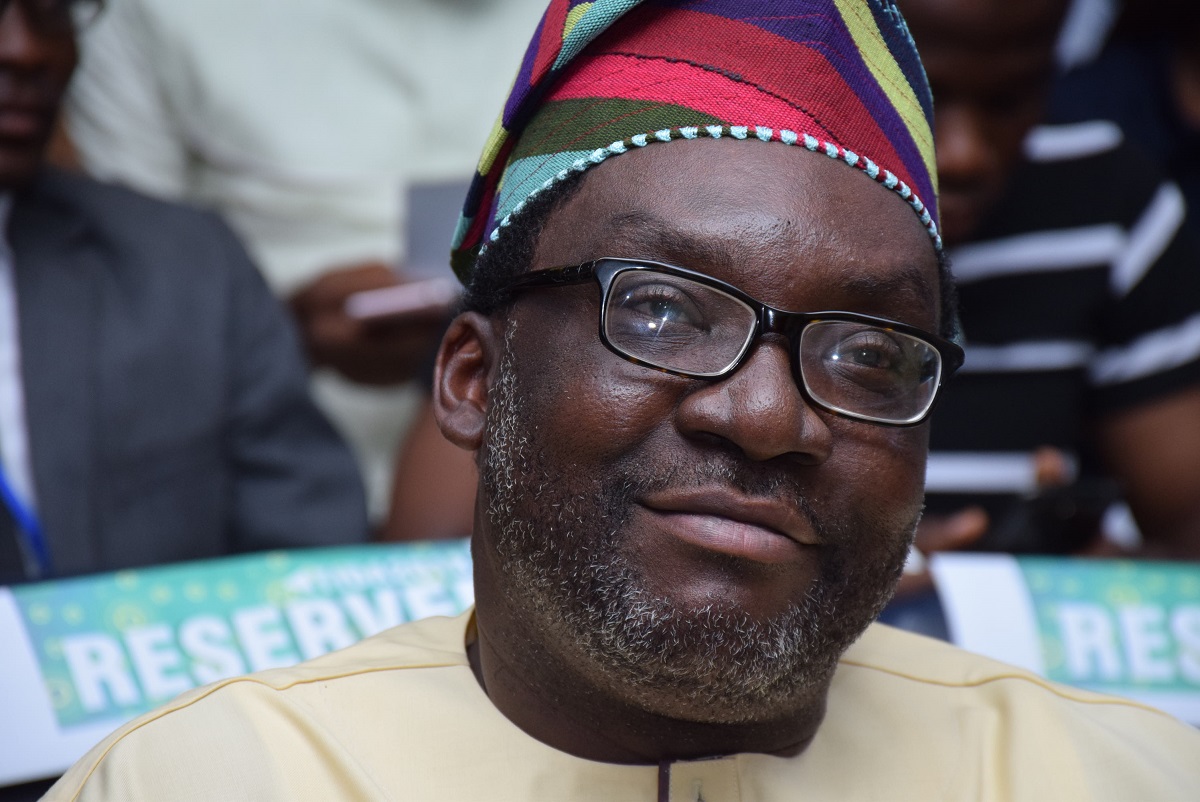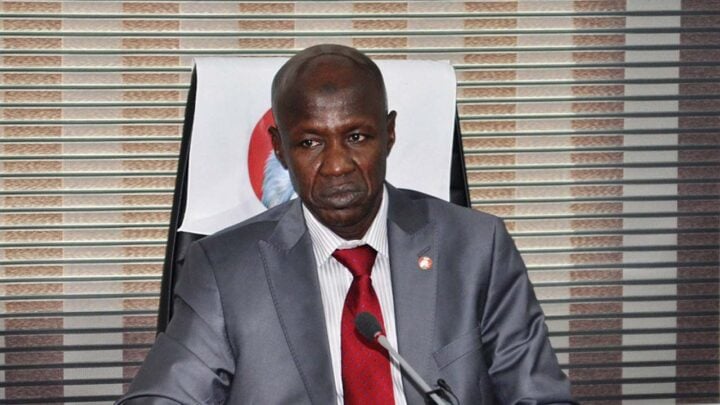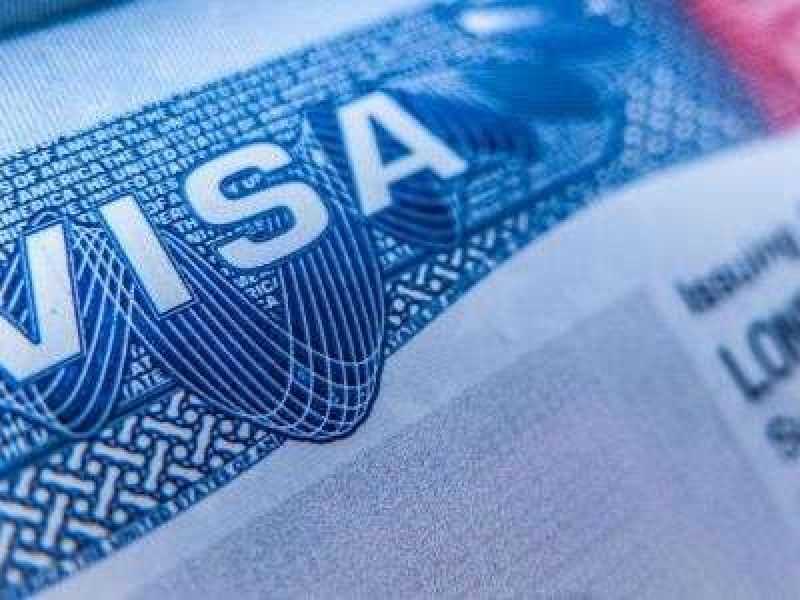There are stories that are difficult to tell in this world. Having done journalism for over two decades and working in government for yet another, I feel marooned and red-faced when I try to convince myself that as a nation, the power grid is not doing more than 4,000 megawatts; and that as a young student attending the famed Annunciation Catholic College, Irrua, Esan Central in Edo State, from the old Bendel State, under an equally famed Principal, Mr A.I. Eigbe, which full name I only recently understood to be Albert Imoisili Eigbe, of blessed memory, that I enjoyed more steady power supply then than the pain we call life today, even as the education then was equally more sublime.
For most people my age, we long for a return to that age of innocence, when somebody like the late sage, Chief Obafemi Awolowo would say something and everybody would accept it as an oracular pronouncement. Life was good and government really tried to redeem itself across the nation after the horrors of the civil war. Or was it just childhood innocence? Experience doesn’t lie except for one plainly out to make mischief. At my age I know the profit of lying and mischief making!
Which is why I must crave your understanding for using the power sector which, for me, is an exampler of the very shameful but painful infrastructure deficit we suffer as a nation, a nasty poster display of under-capacity reasoning in high places, which has put our life so much under pressure, to the extent that people now behave like the crab: if I don’t have it you can’t have it, or like the raven: greedily swallowing up everything to deny others of opportunities.
Yet the deficits remain. Our propensity to paper them over in beautiful language dipped in honey for the consumption of the ordinary folks is a manifest illustration of our unpreparedness to address very serious issues that make life good and enjoyable. Now follow me back to the telecommunications industry.
Advertisement
They say I wax lyrical when I write about telecommunications. This is true. I am from a very humble background. Little things satisfy me and am quick to serenade those who try to make things happen for the ordinary people. I can’t forget that very day in South Africa, at the Holiday Inn in Sandton, Johannesburg, when our driver who was also a security detail, was calling his colleague on his mobile phone until they bumped into each other in one of the restaurants at the hotel. From my corner, I looked at them green-faced. Could this ever happen in Nigeria? Yes. Former President, Chief Olusegun Obasanjo and Engr Ernest Ndukwe, former Executive Vice Chairman of the Nigerian Communications Commission (NCC), made it happen, and put a telecommunications template in place which will remain an enduring testament in the sands of time.
Monday morning I went to the web site of the NCC, the regulator of the telecommunications industry. The emotions came flooding in. It’s like I am looking at the dashboard of a car; all the necessary information you need about the industry is right before you. Here are the things I am looking at in graphic details: Market share by operators as at May 2020 – MTN 76, 017, 864 (39.61 per cent); GLO 52, 057, 254 (27. 12 per cent); Airtel 51, 496, 256 (26.83 per cent); and EMTS 12, 225, 678 (6.37 per cent). Here is the Market Share by Technology: Mobile (GSM) 99.82 per cent; Mobile (CDMA) 0.00 per cent; and Fixed (Wireless) 0.06 per cent.
What gets at me is that if you have this kind of information in most other sectors of the economy without anybody trying to manipulate figures, or like the power sector, provide amorphous information on shifting sand, or like in population, provide the right data for planning, people would at least be able to x-ray the various sectors and pick areas of interest or be advised on investment or other decisions. Our attention to data and details has been in deficit and the economy quickly followed the trend although nobody wants to be vociferous about how bad the situation is except for international bodies who keep warning of the dangers ahead. They still have their balls and can’t succumb to the dangerous anger that comes from incompetence.
Advertisement
What I have just written about is a system that is able to give us a graphic picture of reality. Mind you this provides no opportunity for trophy handout nor does it call for celebration. The figures are as dreary as they come but they communicate very eloquently.
Looking at the figures which stand at over 192 million phones in the hands of subscribers, the nearest conclusion is that this is quite a number of phones in the hands of people who want to communicate or be connected for other purposes. Assuming that our population is 200m it means we are nearly hitting a perfect score at giving everybody phones, meaning that very soon we don’t have to communicate through Ola Rotimi’s Yorubanglish of each-one-tell-one, the village square style.
The reality before us is that this line of thinking remains a mirage; an expectation hibernating in the realm of illusion. If you owned a phone at this time of lockdown, you will simply find out that communication has become increasingly difficult as more people attempt to circumvent the daily grind of life working their phones. This also means that our much celebrated growth has remained anemic in the face of intervening challenges. Without a robust backbone, under a little pressure, every claim to achievement simply evaporates like smoke in the air.
Go back to the dashboard. What do you see? GSM is the burden bearer, providing all the lines and support infrastructure. CDMA is dead and Fixed (Wireless) is gasping for life and nearly dead. What this tells me is that without infrastructure support from other technologies, the GSM sector will always be overburdened and unable to bear the weight successfully. Subscribers will continue to complain about poor services and no miracle will happen because the industry is going through unwholesome mutation. Regulation is in recession as the Ministry of Communications and Digital Economy has abandoned its policy making responsibility for a direct regulation of the industry, thus making the regulator helpless and starry-eyed like a son who doesn’t want to hurt and intrusive parent.
Advertisement
When there is some kind of unwieldiness in the regulatory terrain, like when the Ministry undermines the regulator, no operator is anxious to put more investment in the industry; instead, they will scramble to make as much money to take out. We shall look at this at some other point.
But looking at the dashboard again, here are some suggestions I think are expedient for the regulator to execute: Encourage organizations like Mainone that can engage in massive infrastructural buildout; pursue the Infraco dream to reality and ensure that projects are activated to serve telecom consumers; encourage the Governors Forum to ensure more of the states of the federation follow the examples of Ekiti, Imo, Kaduna and a few others in giving operators the opportunity to do fibre rollout free of charge as they stand to reap exponential benefits and contemporaneous growth from such decisions.
Last line. The regulator should immediately engage in activities to reclaim the industry and assure operators that it has not lost control of the telecommunications sector. Such assurances are needed to embolden operators to initiate a fresh tranche of competition that could further open up the industry for more robust services to subscribers.
Aihe writes from Abuja.
Advertisement
Views expressed by contributors are strictly personal and not of TheCable.
Add a comment







